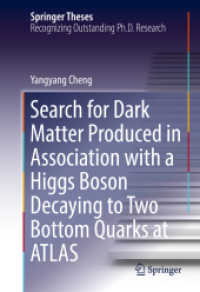Description
(Text)
The economic crises since 2008, the tensions concerning the Euro, the Greek question and the refugee problem have fuelled a strong "Eurosceptic" movement. At the 2014 European elections, the rise of Eurosceptic forces could be observed in virtually all Member States of the EU. This publication regroups the contributions to a Conference organized 2014 in Strasburg by the CNRS-University of Strasbourg research unit "UMR Dynamiques européennes", in the framework of the IDEX excellence project "The European Integration and the New Anti-Europeanism". In this first of two volumes, anti-Europeanism and Euroscepticism are examined as political phenomena and objects of interdisciplinary research. The focus is on "traditionally" Eurosceptic Great Britain and on sometimes very recent anti-European movements within the EC founding states (France, Germany, Italy, and the Netherlands), their discourses and voters. What reasons prompt anti-European voters: rejection of immigration, xenophobia, fear of the future, nationalism or the rejection of capitalism and globalization? Or is it the collective disappointment with the incapacity of the European elites to communicate with the majority of voters?
(Author portrait)
(Author portrait)
Birte Wassenberg est professeure d'histoire contemporaine à Sciences Po, Université de Strasbourg. Elle consacre ses recherches à la construction européenne, aux frontières, espaces de voisinage et aux relations franco-allemandes.








